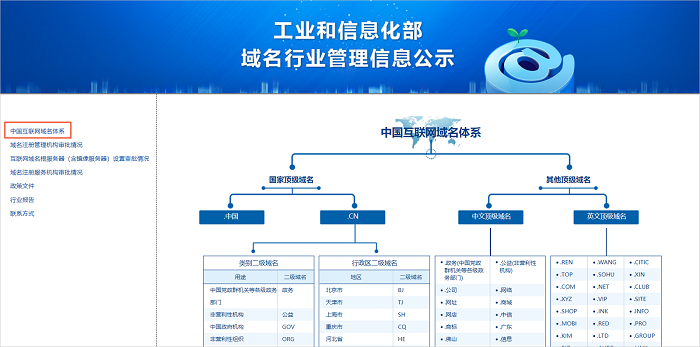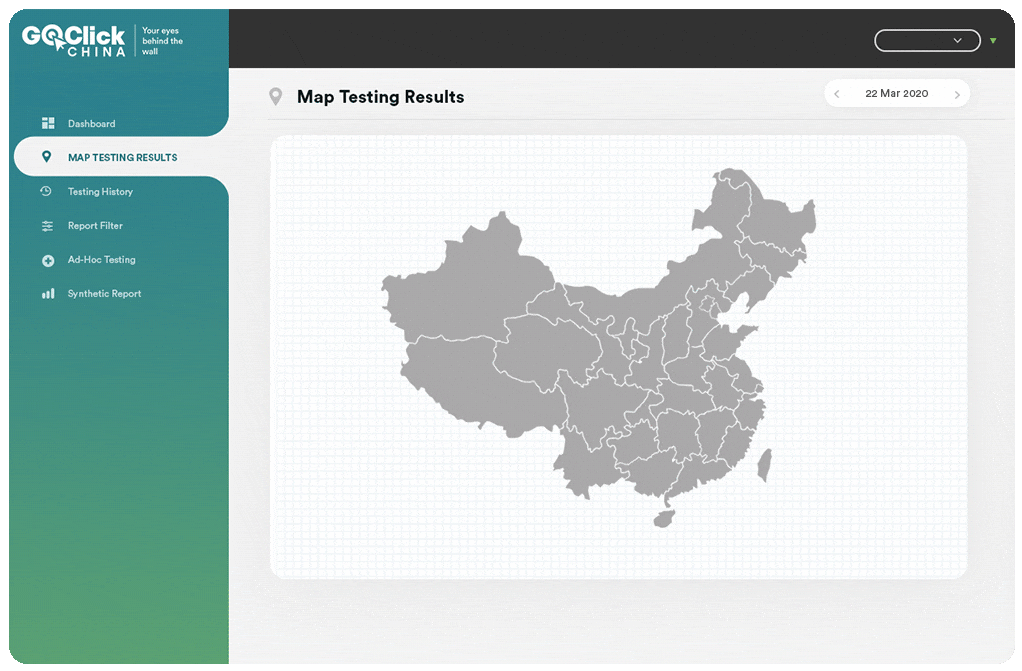To serve the Chinese market, companies have previously believed they needed to have an Internet Content Provider (ICP) license. This is not necessarily correct. Obtaining an ICP license is not always the ideal option for foreign companies with websites that target the Chinese market. And hosting outside of China would obviate the need for an ICP license.
What is an ICP (Internet Content Provider) license?
The ICP license is issued by the Chinese Ministry of Industry and Information Technology (MIIT) to companies who wish to have a web presence in China. This license allows companies to get around the Great Firewall of China (GFoC) which either blocks non-sanctioned websites or throttles their speed to a grinding halt, rendering them useless for visitors.
You need an ICP license to host a website inside China.
Difficulties in obtaining an ICP license in China
Obtaining an ICP license can be a complicated process involving plenty of bureaucratic red tape.
There are two types of ICP licenses:
- ICP Filing (non-commercial license)
- ICP License (commercial license)
To apply for the commercial license, you need to:
- Have a physical location in China. If you don't have this, you will need to find an agency that will represent you and that does have this location.
- Host your website inside China.
- Provide an enormous number of documents to support the filing.
- Follow numerous other convoluted steps, and further steps after the license has been obtained.

The drawbacks of hosting inside China
Hosting your website inside China has its own challenges. The first is the complexities in obtaining the ICP license as described above.
The second challenge is that customer support by local web hosts and ISPs is notoriously bad. If your website runs into trouble, you might have a difficult time obtaining the technical help you need to get the matter resolved quickly.
Thirdly, the Chinese market has only three ISPs:
- China Mobile
- China Unicorn
- China Telecom
These ISPs are very region-specific, with speed being better or worse in certain regions according to the ISP a user is signed up with.
This is not unusual in the world of internet connectivity but what usually happens in other countries is that ISPs cooperate and use each other's networks to "share" bandwidth so that users can experience good connectivity no matter where they are located, or what website they are visiting.
Such a "sharing" feature is called direct peering.
The Chinese government intends to consolidate these providers but the date of when this will happen is uncertain, or even what the direct result of it will be. So it's best to proceed with the same degree of preparedness as if they weren't consolidated until evidence exists to prove that their historical lack of cooperation is no longer a problem.
One benefit is that these ISPs have direct-peering agreements with some foreign ISPs. These agreements mean that external websites can often be viewed locally without needing to go through the GFoC.
3 reasons you might not need (or want) an ICP license
There are three reasons you might not need or want an ICP license. This means you could start operating your website aimed at the Chinese market immediately.
1. Near-China Hosting + Chinese CDNs = fast websites in China
The distance can be a problem in website hosting. Having a website hosted in China means that local users are much closer to the server and so receive less latency when visiting a website.
One extremely workable solution to avoid the ICP but still have a fast website in China is to:
- Host near China
- Use Chinese CDNs
A Chinese CDN will give you the performance benefits you need for a properly working website. An expert website consultant for China would be able to assist you in finding the right CDNs to work with so your website can be accessed from anywhere inside China.
If business starts to boom in China, you can always then choose to invest the time and money into getting an ICP license if you feel that would be beneficial.
2. "Non-compliant" website
There might be a long runway to make your website compliant before it can operate in China. The GFoC blocks embedded content and resources from popular western websites such as Facebook, YouTube, Google, and many others.

To get an ICP license, it would be necessary to modify a website to be in compliance with these restrictions, such as implementing Baidu Tongji analytics instead when Google Analytics doesn't work properly in China and replacing the forbidden resources with others.
While waiting for these modifications to be completed, companies can meanwhile host outside China (but near it) and then apply for the license only when the site is 100% compliant.
3. China isn't your primary market (but you still want to sell there)
If China is not your primary market, the hoops you need to jump through to obtain an ICP license might not be worth the trouble. Any sales obtained from China would be a bonus if you had access to the market, but not necessarily worth the investment in an ICP license. Other key points to consider while building your organization's Chinese web presence.
How to expand into China without an ICP license
It is entirely possible to expand into the Chinese market and to do it successfully, without an ICP license.
Host outside but near China
By hosting in locations such as Japan, Taiwan, Hong Kong or Singapore region, your website is located near enough to China for latency to not be an issue. You can further optimize the speed of your website by using Chinese CDNs that are easily accessed from within China.
Direct peering
Some external ISPs have direct peering agreements with the local China ISPs which means that traffic from those ISPs passes directly into China without going through the GFoC. It's exactly as if the website were being hosted inside China.
Without these peering agreements in place, users in China might have trouble accessing your website.
GoClick China can help you find the best possible strategy to ensure that users inside China are not limited by their ISPs when they visit your website.
Constant website monitoring to optimize performance
Whether you host inside China or outside, constant website monitoring of your website is imperative for any success in China. For this monitoring to be effective, testing must take a two-pronged approach:
- Synthetic testing
- On-the-ground manual testing

Accessing a website through a Chinese VPN might offer some insight into the website's local performance, but tests have shown that the results are not entirely correct. Local testing by people on the ground is the only way to ensure the website is performing optimally. If it isn't, then fast action can be taken to remedy it.
GoClick China can help you expand into China
GoClick China has helped dozens of clients successfully host websites targeted at the Chinese market, without needing to go through the process of obtaining an ICP license. By following a strategy of correctly chosen hosting, proper use of CDNs, and regular synthetic and manual testing, your website can succeed in China.



